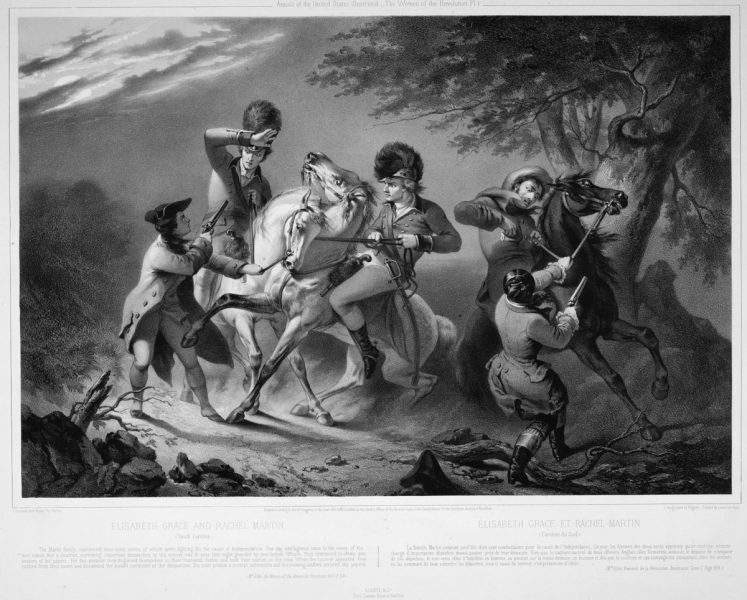LCP Awards Five Post-Doctoral Fellowships for 2012-13

Claude Régnier, lithographer, Elizabeth Grace and Rachel Martin, tinted lithograph based on sketches by Felix Octavius Carr Darley (New York: Goupil & Co., 1853). Gift of David Doret. NEH Fellow Marie-Stéphanie Delamaire will examine French reproductions of American works such as this one.

Leave a Reply
Want to join the discussion?Feel free to contribute!